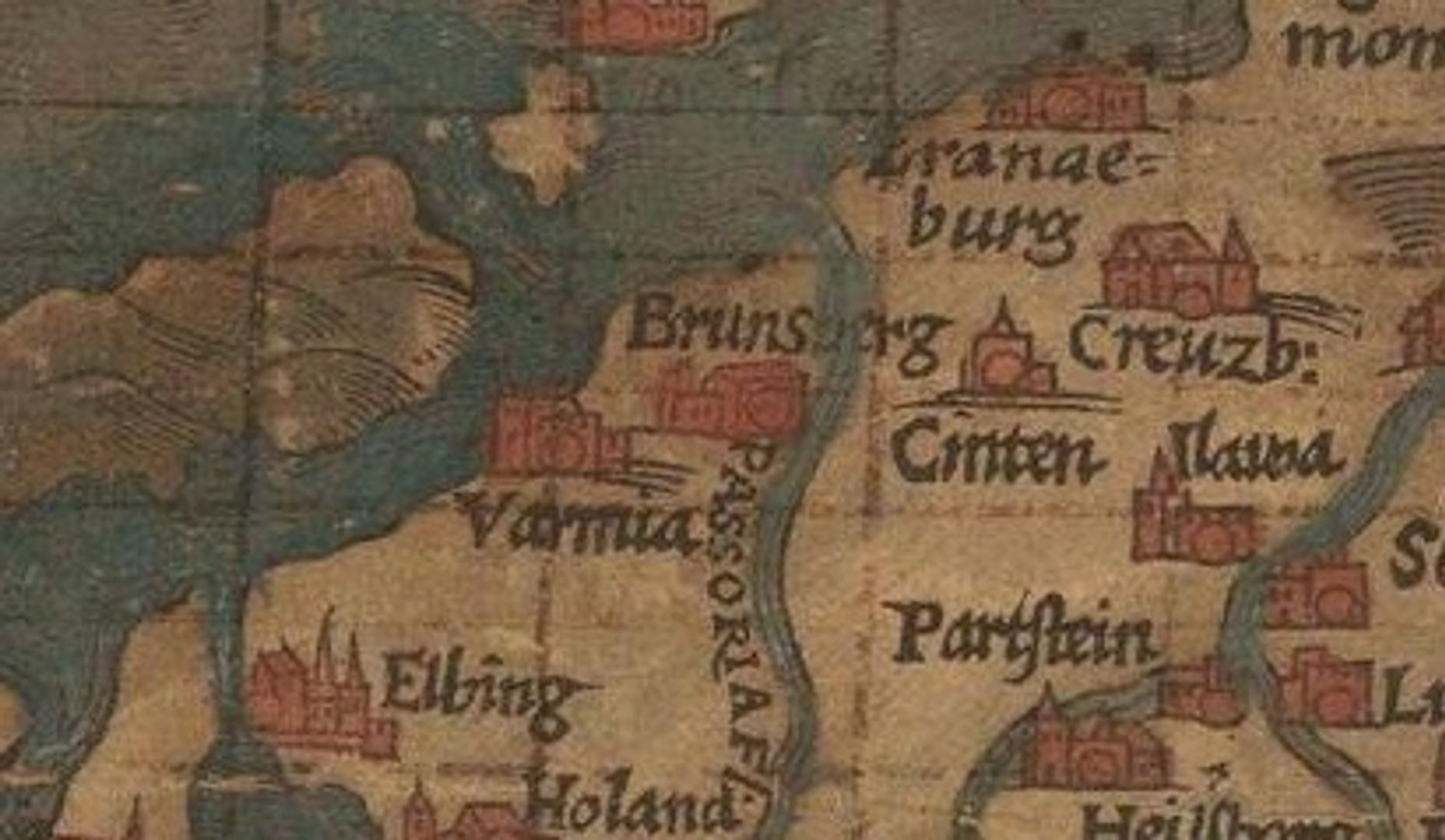Frombork
6.65

Overview
Frombork, also known as Frauenburg, is a town located in Warmia, within the Warmian-Masurian Voivodeship. Its history dates back to 1278, when the Bishop of Warmia, Henryk Fleming, moved the Warmian chapter from Braniewo and began the construction of a cathedral dedicated to the Blessed Virgin Mary. Frombork was granted town rights in 1310. As the capital of Warmia, the town developed thanks to fishing, agriculture, and crafts. During the Middle Ages, guilds of tailors, bakers, and brewers operated here. Throughout its history, Frombork suffered repeatedly from invasions, including those by the Teutonic Knights and the Swedes. The most famous resident of Frombork was Nicolaus Copernicus, who worked on his masterpiece "De revolutionibus orbium coelestium" in the cathedral, where he was also buried. The historic landmarks of Frombork include the cathedral complex with the cathedral itself, numerous canons' houses, the Radziejowski Tower featuring Foucault's pendulum, and the Nicolaus Copernicus Museum, located in the former bishop's palace. Modern-day Frombork boasts a vibrant cultural life, hosting the International Organ Music Festival, and tourism is the main source of income for its residents, attracting visitors to explore its monuments and enjoy the charms of the Vistula Lagoon. Additionally, in 2015, Frombork was designated as a health resort protection area, opening new opportunities for development. The town is surrounded by Natura 2000 sites, highlighting its natural values. Interestingly, Frombork maintains partnership ties with Sucha Beskidzka and Kozłowa Ruda, though following Russia's invasion of Ukraine, the local authorities suspended cooperation with partner cities in Russia and Belarus. Among local sports clubs, KS "Zalew" Frombork stands out.
Location
2026 Wizytor | All Rights Reserved
